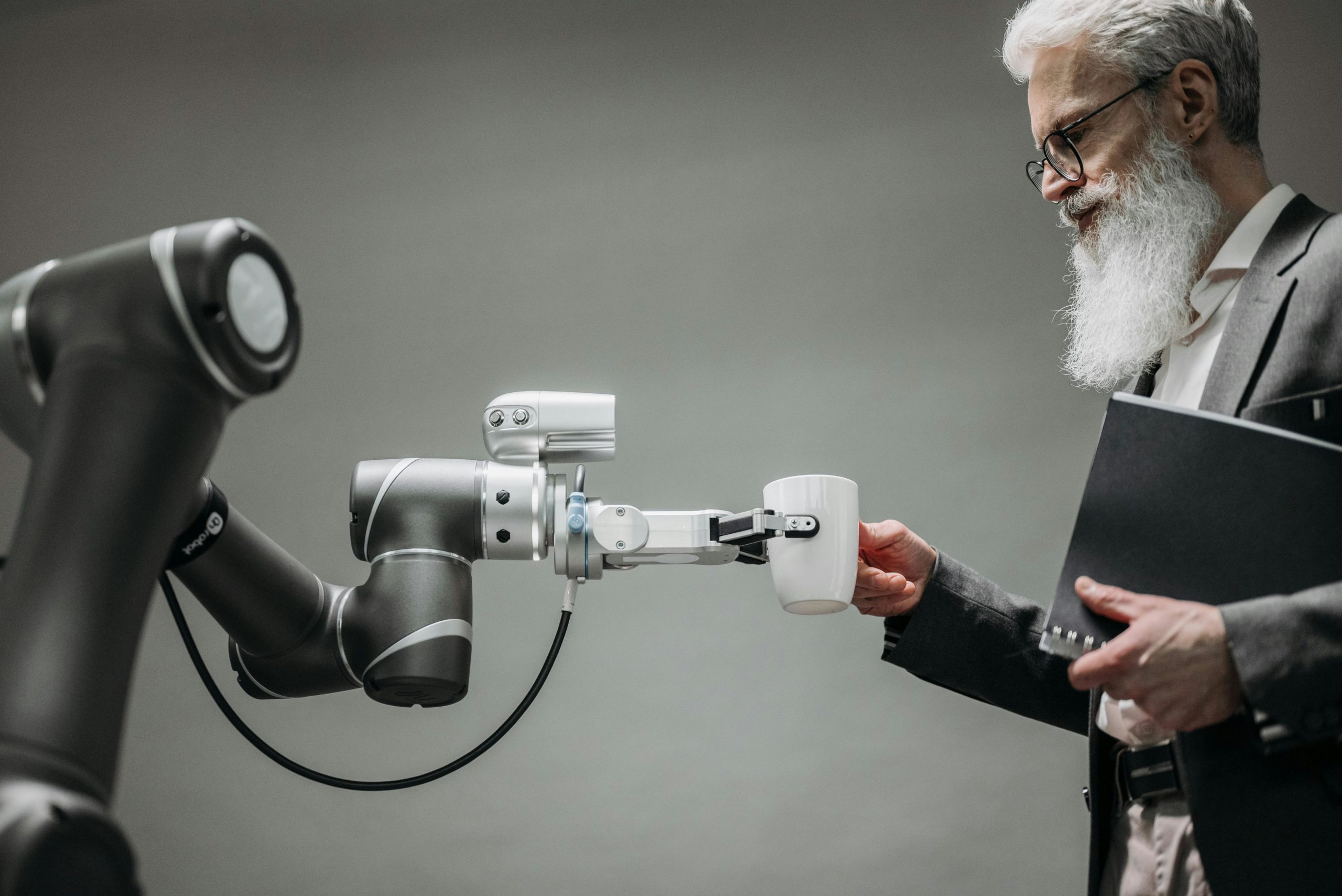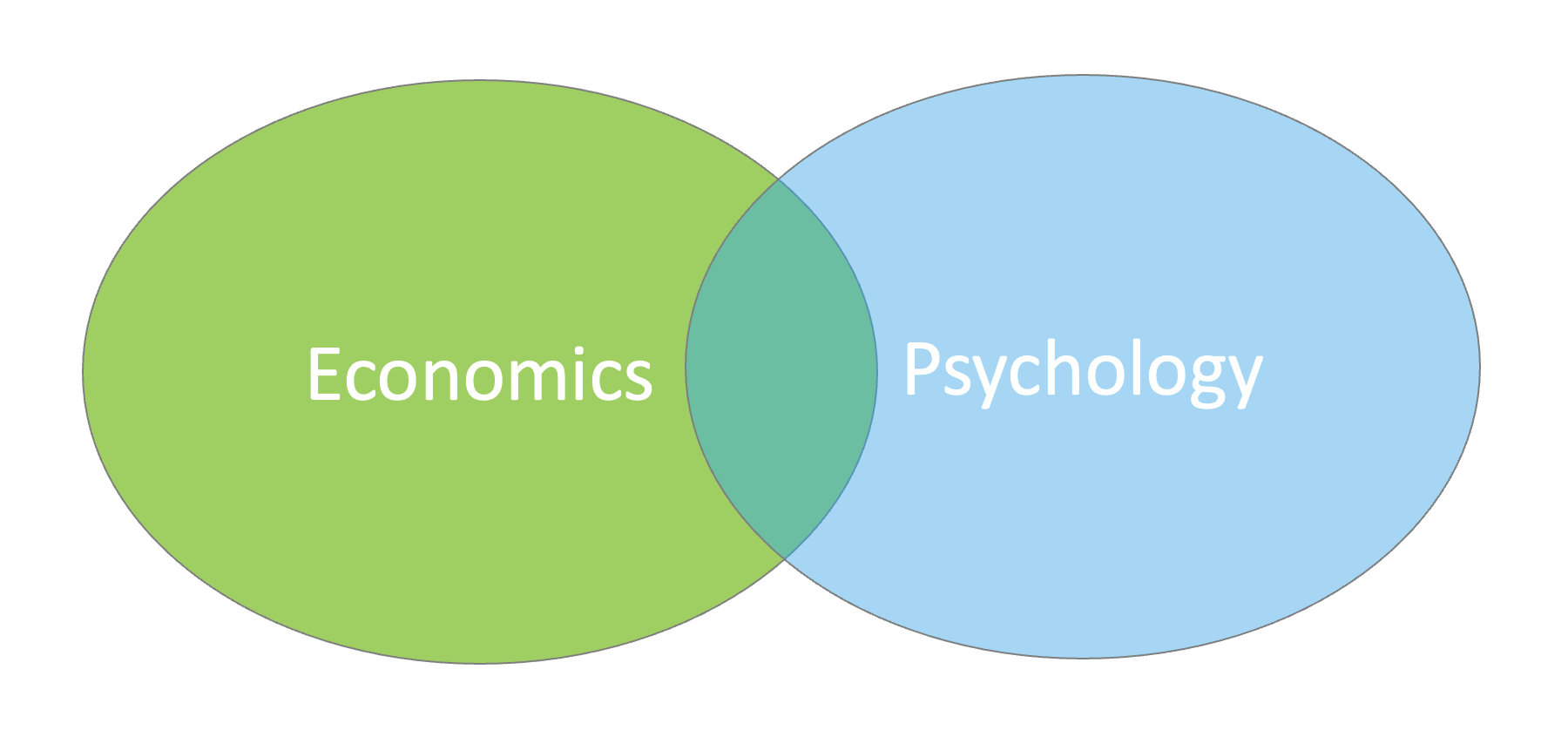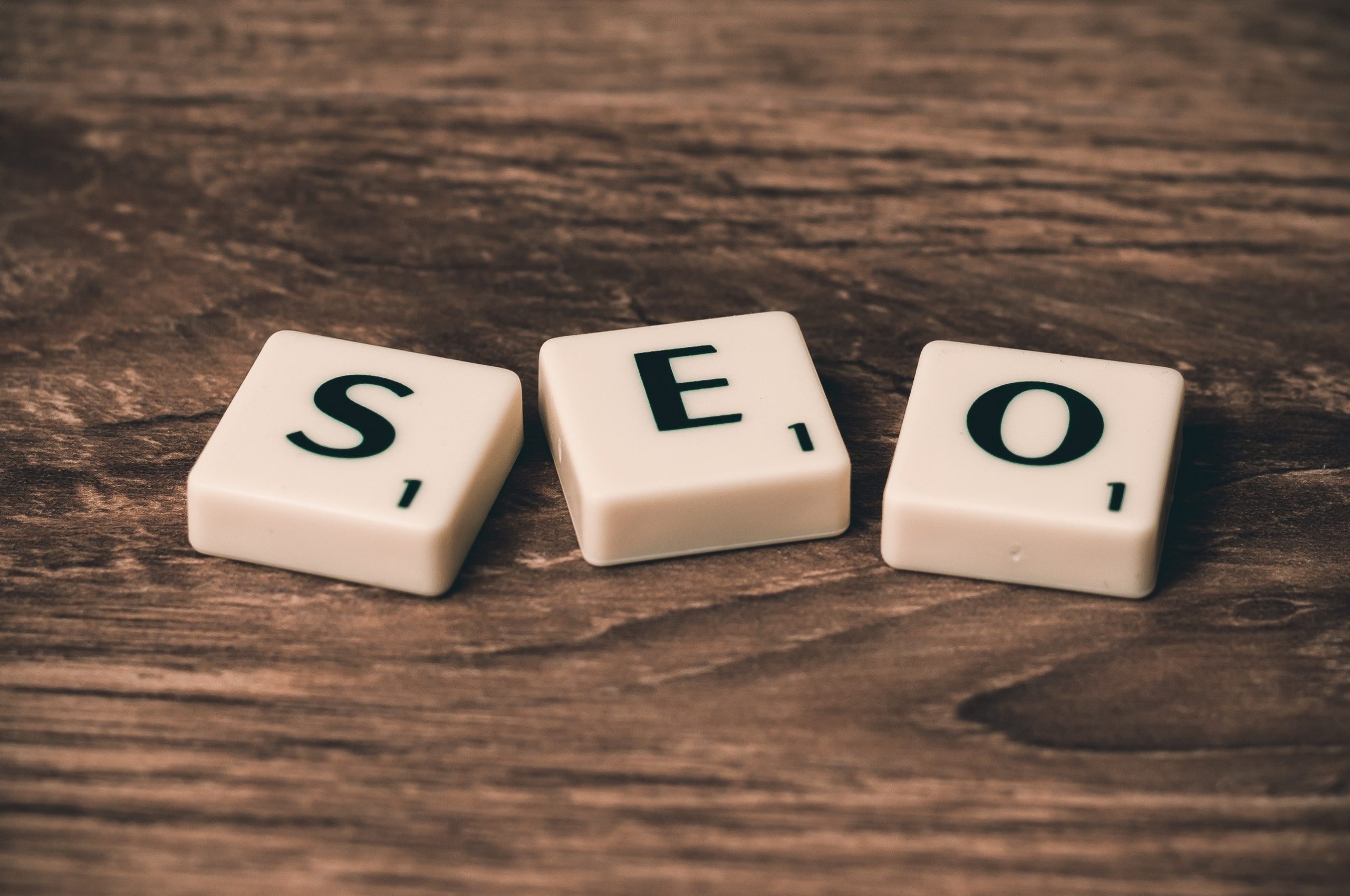
Artificial Intelligence Experience Design Discovery Process
The Artificial Intelligence (AI) experience design (XD) discovery process involves understanding and defining your target customer’s interaction with your AI systems to create meaningful and effective experiences. Here’s a general guide to the discovery process for AI XD: 1. Define Objectives and Goals: – Clearly outline the objectives of the AI system and the goals










